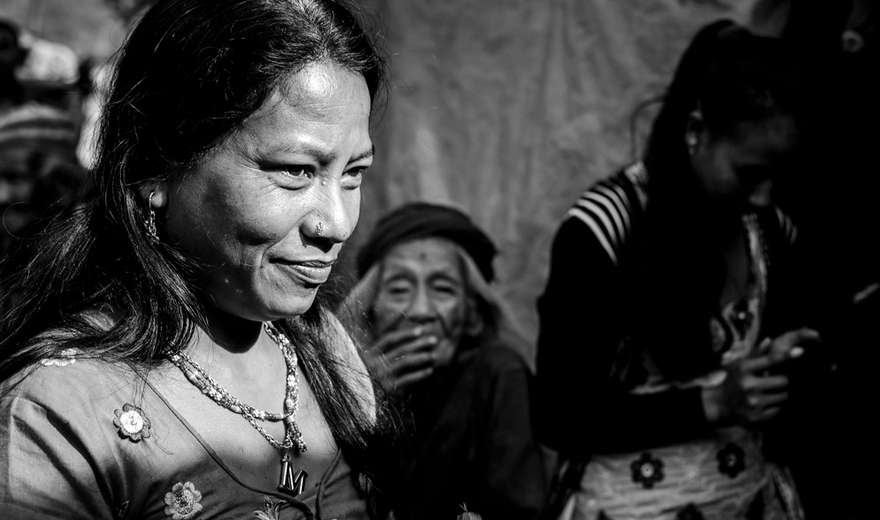Nepal has not been reviewed by CERD since 2004. According to the 2011 census, Indigenous nationalities (Adivasi Janajati), as they are known in Nepal, comprise 35.81% of the total national population of about 26.5 million, although Indigenous Peoples’ organizations claim a larger figure of more than 50%. The 2011 census, like earlier census, came under strong criticisms from Indigenous Peoples for inaccurate reporting.
The census reported decrease in Indigenous population from 37% to 35% while completely omitted a number of identified Indigenous groups and presented contradictory data, such as greater number of an Indigenous language speakers than respective Indigenous people. Further, while government agencies have begun disaggregation of data by ethnicity and gender since 1991 census, there is need for greater disaggregation of all relevant national data.
Discrimination, based on historical oppression and exclusion, against Indigenous Peoples remains deeply rooted in Nepal. Land and forest-related practices and laws of Nepal have hindered the development of Indigenous communities leading to a litany of human rights issues, including in the name of ‘development’.
Currently, 59 groups are recognized as Indigenous nationalities but the official list is contested. The Committee on Economic, Social and Cultural Rights expressed concern in 2008 about the “lack of clarification about the criteria used by” National Foundation for Development of Indigenous Nationalities (NFDIN), the Indigenous development agency of the Government of Nepal, to recognize Indigenous Peoples and the implications of this recognition. The Government formed a taskforce, including Indigenous representatives, to re-examine the official list that submitted its report to the Prime Minister in 2011 with recommendations for inclusion of further groups. However, the Government is yet to take any action on the report.
Discrimination, based on historical oppression and exclusion, against Indigenous Peoples remains deeply rooted in Nepal. Land and forest-related practices and laws of Nepal have hindered the development of Indigenous communities leading to a litany of human rights issues, including in the name of ‘development’. Even though they constitute a significant proportion of the population, throughout the history of Nepal Indigenous Peoples have been marginalized in terms of socio-economic conditions, including cultural and language rights and political participation.
Demands for rights of Indigenous Peoples, particularly in relation to lands and resources and political participation, have been met with violence and criminal persecution.
Demands for rights of Indigenous Peoples, particularly in relation to lands and resources and political participation, have been met with violence and criminal persecution. In 2007, Nepal became the first country in Asia to ratify the Indigenous and Tribal Peoples Convention (C169) of International Labor Organization (ILO) but is yet to adopt a national action plan for implementation of the Convention despite consistent lobbying by Indigenous Peoples and human rights organizations.
There are concerns that Nepal may denounce the Convention in 2017 as per its Article 39. The Interim Three-Year Plan (2013-16) of the Government of Nepal, like previous plans, included in the main programs to identify and amend legal and policy provisions that contradict with the Convention 169 and a number of targeted socio-economic development programs for Indigenous Peoples. However, any such legal and policy reform is yet to take place and there has been lack of effective monitoring of implementation of the targeted programs while specific local budgets allocated for those programs were often used for general development programs in the past.
Further, Nepal’s government in 2007 voted in favor of the UN Declaration on the Rights of Indigenous Peoples (UNDRIP). Despite the progressive nature of recent legislations, Nepalese law and custom continues to violate many of the Articles set forth in the Declaration.
Shadow report titled, ‘Indigenous Peoples Rights Violations in Nepal’ submitted to: Committee on the Elimination of Racial Discrimination (CERD) to review implementation of Convention on the Elimination of Racial Discrimination (CERD), submitted during the 95th Session of the Convention on the Elimination of Racial Discrimination, in April, 2018
Shadow Report available here:
Also read report here:
